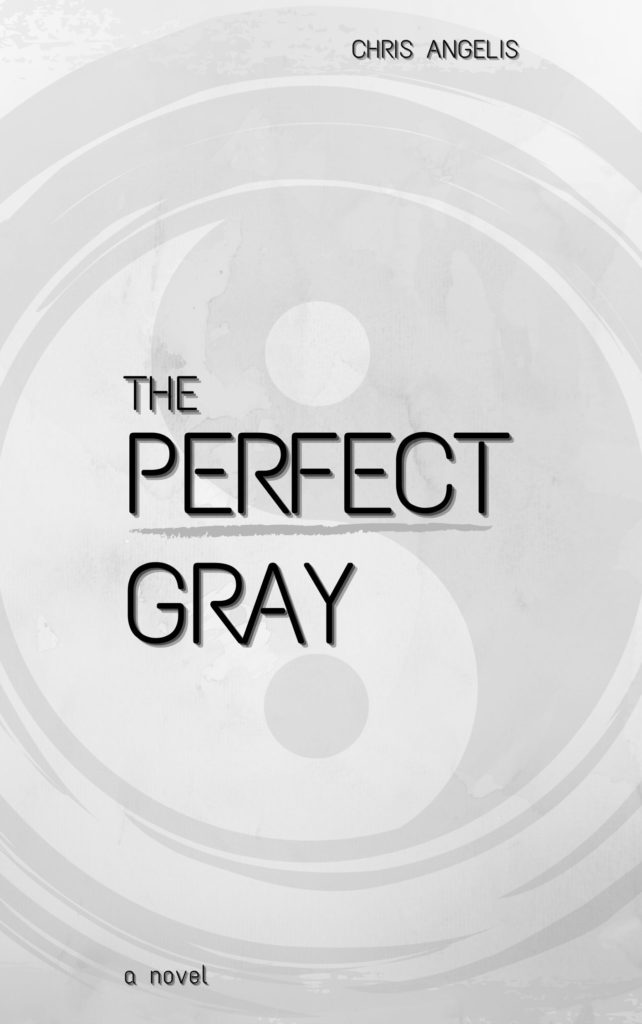Note: Years have passed, things regarding Home for Fiction have changed, and so the text below is irrelevant. If you discovered it accidentally, consider it purely a snapshot of history.
Quite some time ago, I posted a survey with some questions related to premium content for Home for Fiction. It took me a while to ponder on it and decide on the details, but here it is: the Home for Fiction Patreon page!
Take everything you know about the Home for Fiction blog and supercharge it. The Home for Fiction Patreon page offers premium content such as:
- early access to blog post drafts.
- writing resources and media (tools, checklists, tutorials, presentations, programs, etc).
- workshop courses, where you can try my writing tips with exercises.
- personal feedback on your own novel or short story.
- …and more!
But there’s also an important thing to keep in mind…


